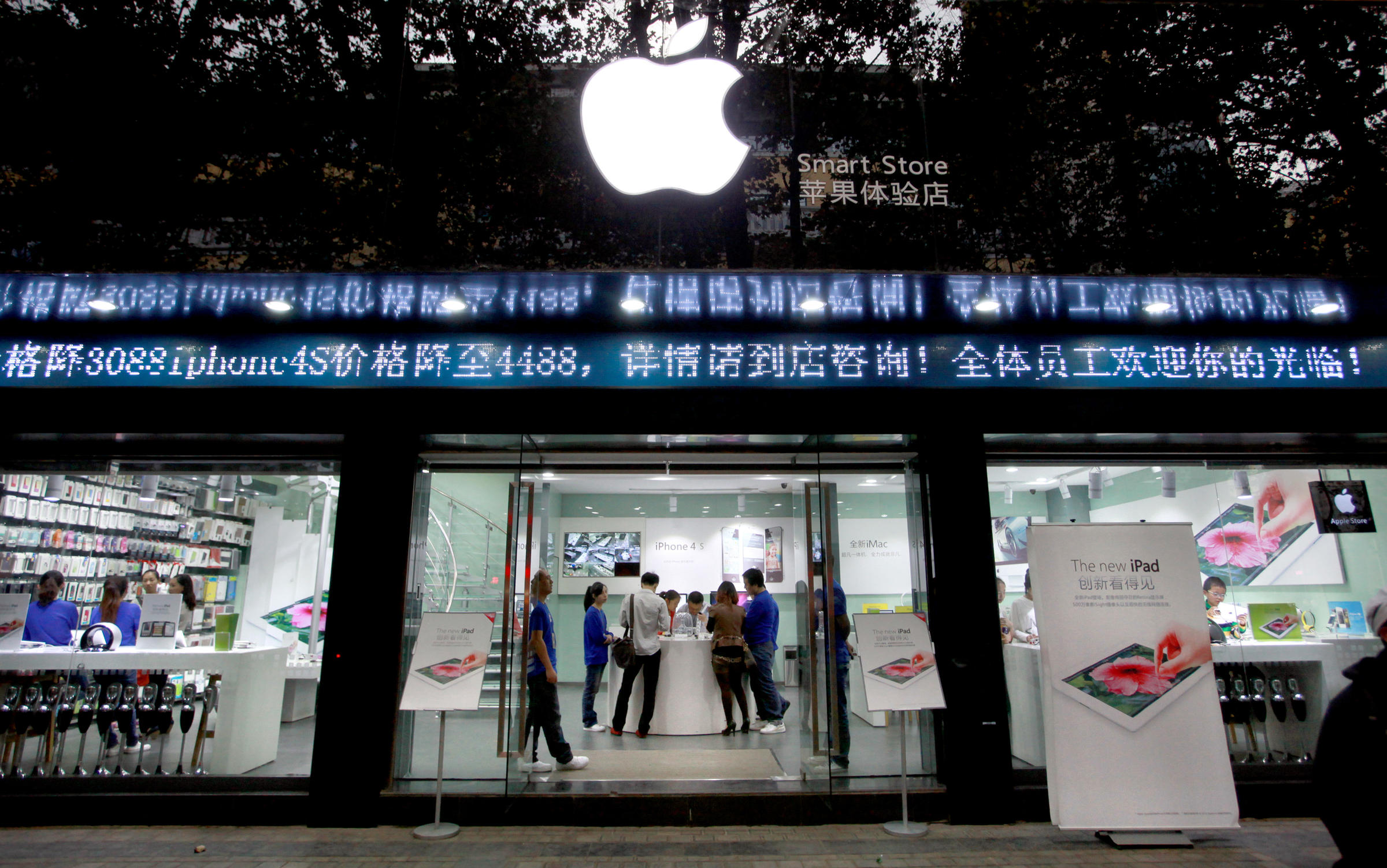There used to be fake apple stores in china even the staff were convinced they were working for apple

There used to be fake Apple stores in China, even the staff were convinced they were working for Apple.
In a bizarre saga that unfolded in 2011, it was discovered that several fake Apple stores had been operating in various cities across China. These counterfeit stores were so convincing that even the staff themselves believed they were working for Apple.
This shocking revelation came to light when an American blogger, BirdAbroad, stumbled upon one of these fake Apple stores in the southwestern city of Kunming. The store was adorned in the signature minimalist design of Apple, complete with the iconic logo, wooden tables showcasing Apple products, and even blue t-shirts worn by the employees bearing the Apple logo.
Word quickly spread, and it was found that there were several other fake Apple stores in China that were eerily similar to the real deal. Upon investigation, it was revealed that some of the stores were selling genuine Apple products, while others were peddling counterfeit goods. It was unclear how these stores managed to obtain the actual products, but it raised serious concerns about intellectual property theft.
The staff at these fake Apple stores believed they were legitimate employees of Apple. They had undergone an intensive training program that replicated the orientation and product knowledge training typically provided to Apple employees. Some of the employees had even quit their previous jobs to work in these counterfeit stores, convinced they were part of the Apple family.

Apple is known for its stringent control over its brand and customer experience, and this incident exposed a major breach in their security measures. The company moved swiftly to take legal action against these fake Apple stores, demanding their immediate closure.
The Chinese government, known for its lax attitude towards intellectual property rights, took notice of the widespread attention this incident garnered. They began cracking down on these counterfeit stores, putting an end to this peculiar phenomenon. However, the issue of intellectual property theft, not just limited to Apple, remains a significant concern for foreign companies operating in China.
This strange chapter in Apple’s history serves as a reminder of the lengths some individuals and businesses would go to exploit the popularity and brand power of established companies. It also highlights the need for constant vigilance and stringent measures to protect intellectual property rights.
Source: Daily Mail
Share
Related Posts
Quick Links
Legal Stuff

